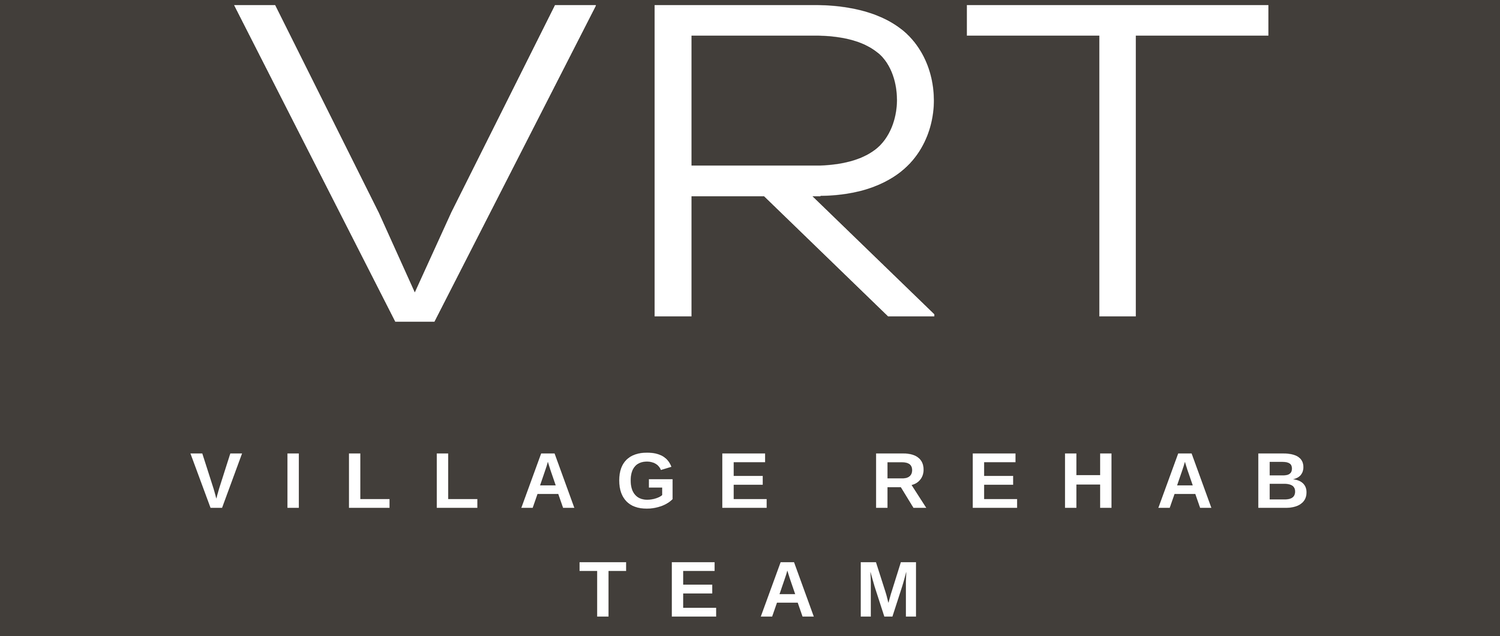Understanding the Role of Physiotherapy in Post-Surgery Recovery
Physiotherapy is a vital component of healthcare that focuses on restoring movement and function when someone is affected by injury, illness, or disability. It uses a variety of techniques to aid in recovery, reduce pain, and improve a person’s overall physical well-being. The benefits of physiotherapy extend to helping individuals regain their independence and improve their quality of life. It's a hands-on approach to healthcare that emphasizes manual therapy, therapeutic exercises, and patient education.
After surgery, the road to recovery can be challenging. Surgery takes a toll on the body, and it's crucial to support the healing process in a structured way. This is where physiotherapy steps in as a key player in post-surgery recovery. It not only aims to manage pain and swelling but also plays a significant role in helping patients get back to their normal activities as quickly and safely as possible. Through personalized recovery plans, physiotherapy supports individuals in regaining their strength and mobility, ultimately leading to a more satisfying post-surgery experience.
Importance of Physiotherapy After Surgery
Understanding why physiotherapy is necessary after surgery starts with acknowledging its role in the healing process. Right after an operation, physiotherapy helps manage pain. It employs techniques that reduce discomfort and ease inflammation, allowing patients to move more freely without as much struggle.
Here's how physiotherapy makes a difference post-surgery:
- Pain and Swelling Reduction: Using specific exercises and manual therapy, physiotherapists can significantly cut down on pain and swelling.
- Prevention of Complications: Physiotherapy helps prevent complications such as blood clots, commonly known as deep vein thrombosis (DVT), and scar tissue formation, which can restrict movement.
- Improved Blood Circulation: Gentle movements and exercises initiated during physiotherapy increase blood flow to healing areas, promoting quicker recovery.
- Long-Term Movement Improvement: Beyond just addressing immediate post-surgical issues, it assists in restoring full function and mobility over time, which is essential for returning to everyday activities.
Emphasizing therapy shortly after surgery ensures a smoother and often faster recovery path. By addressing pain and preventing complications, patients often find themselves back to enjoying their regular lifestyle more swiftly and with less discomfort. These efforts lay the foundation for a comprehensive recovery that encompasses not just physical relief but also emotional well-being.
Key Techniques Used in Post-Surgery Physiotherapy
In post-surgery recovery, physiotherapy employs several tried-and-true methods that help the body heal efficiently. One of the core techniques is manual therapy, where hands-on exercises are used to relieve pain and improve movement. This can include gentle stretching, soft tissue massage, and mobilization of joints to enhance flexibility.
Exercises tailored to specific recovery needs form another pillar of physiotherapy. These exercises aim to rebuild muscle strength and improve endurance. They often start simply—think of basic leg lifts or arm raises—and gradually integrate more complex movements as recovery progresses. Patients often find that daily exercises not only help in regaining strength but also promote confidence in movement and independence.
Heat and cold therapy may also play a role. Cold therapy, or cryotherapy, helps in reducing swelling and numbing acute pain. Heat therapy, on the other hand, is useful in relaxing tight muscles and increasing blood circulation, which is crucial for healing. Using these modalities effectively can provide immediate relief and support the body in healing over the long term.
Physiotherapy incorporates a variety of tools to address different aspects of recovery, ensuring the body gets well-rounded support. By using a mix of manual techniques, exercises, and modalities, physiotherapy aids in a comprehensive recovery, paving the way for a return to normal activities.
Tailoring Physiotherapy to Individual Needs
Each individual's recovery journey is unique, which makes tailoring physiotherapy to personal needs paramount. A physiotherapist's primary task is to assess the specific requirements of a patient, considering both the type of surgery undergone and the person's overall health status. This assessment forms the foundation for a personalized recovery plan that adapts as healing progresses.
During the initial sessions, a physiotherapist will evaluate the patient's current mobility, strength, and pain levels. Based on this evaluation, a specific treatment plan is crafted, targeting particular areas of weakness or concern. For instance, someone recovering from knee surgery might focus on lower body strength and flexibility, while an individual healing from shoulder surgery could prioritize arm and shoulder exercises.
Personalization doesn't stop at planning. As recovery unfolds, the physiotherapy plan may be adjusted to match the pace of healing or introduce new exercises to challenge the body further. Regular assessments and feedback loops ensure that the plan remains effective and aligned with the patient’s evolving needs.
Long-Term Benefits of Physiotherapy
Engaging in physiotherapy after surgery extends benefits long beyond immediate recovery. Consistent participation in physiotherapy helps enhance long-term mobility, enabling individuals to move with ease and comfort in their daily activities. Strength and stamina gained during therapy sessions often translate to enhanced functionality and a better quality of life.
Patients frequently notice significant improvements, not just in physical capabilities but also in mental well-being. As the body grows stronger, confidence levels often rise, allowing for a more active and fulfilling lifestyle. At the same time, persistent physiotherapy can act as a preventative measure against future issues. Lowered chances of additional injuries or surgeries down the line highlight the role physiotherapy plays in supporting long-term health.
By focusing on strengthening the body and addressing deficits, physiotherapy provides a holistic approach to health. This emphasis on ongoing care means individuals can continue to engage in activities they love, free from the fear of setbacks, making physiotherapy an invaluable part of complete healing and sustained well-being.
Consider making physiotherapy a part of your post-surgery routine for lasting benefits. If you're seeking effective King West physiotherapy, Village Rehab Team offers expert care to help you lead a healthier, more active life. Discover how tailored treatments can support your recovery and strengthen your journey back to full mobility today.
